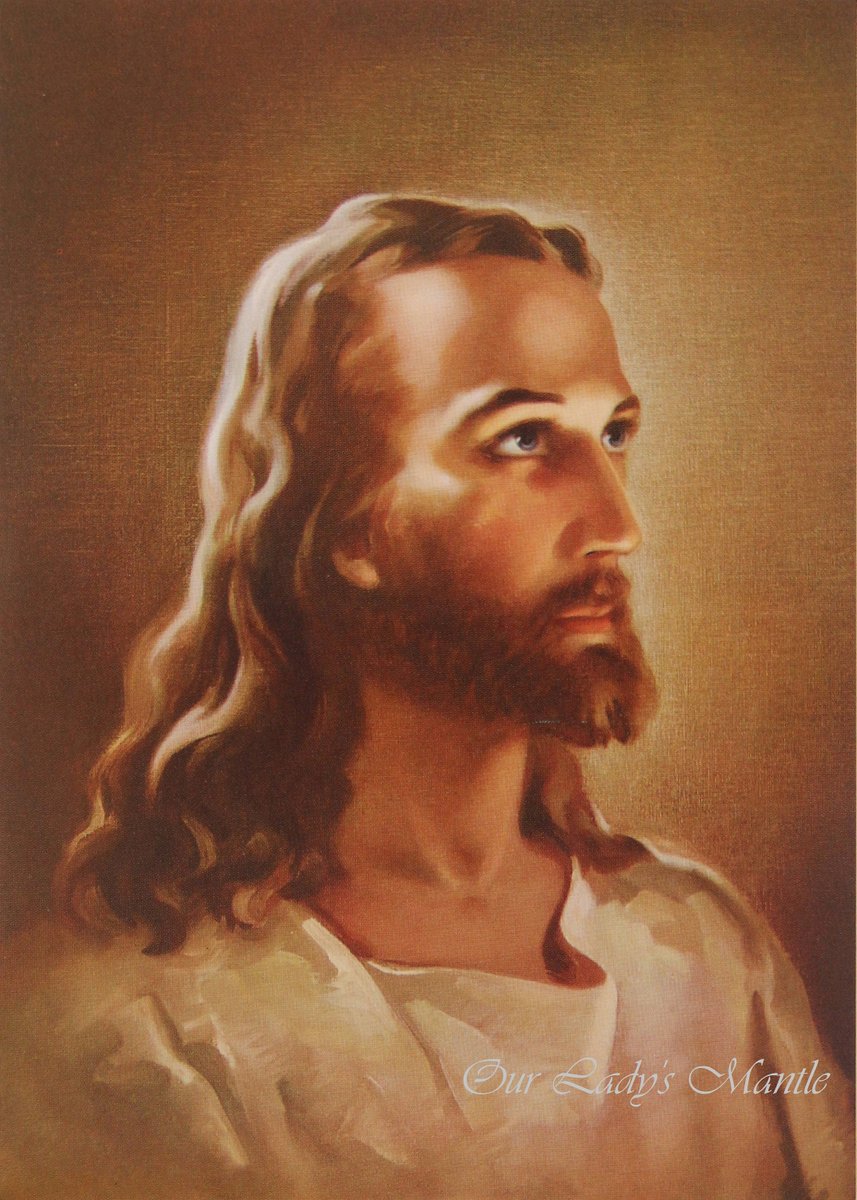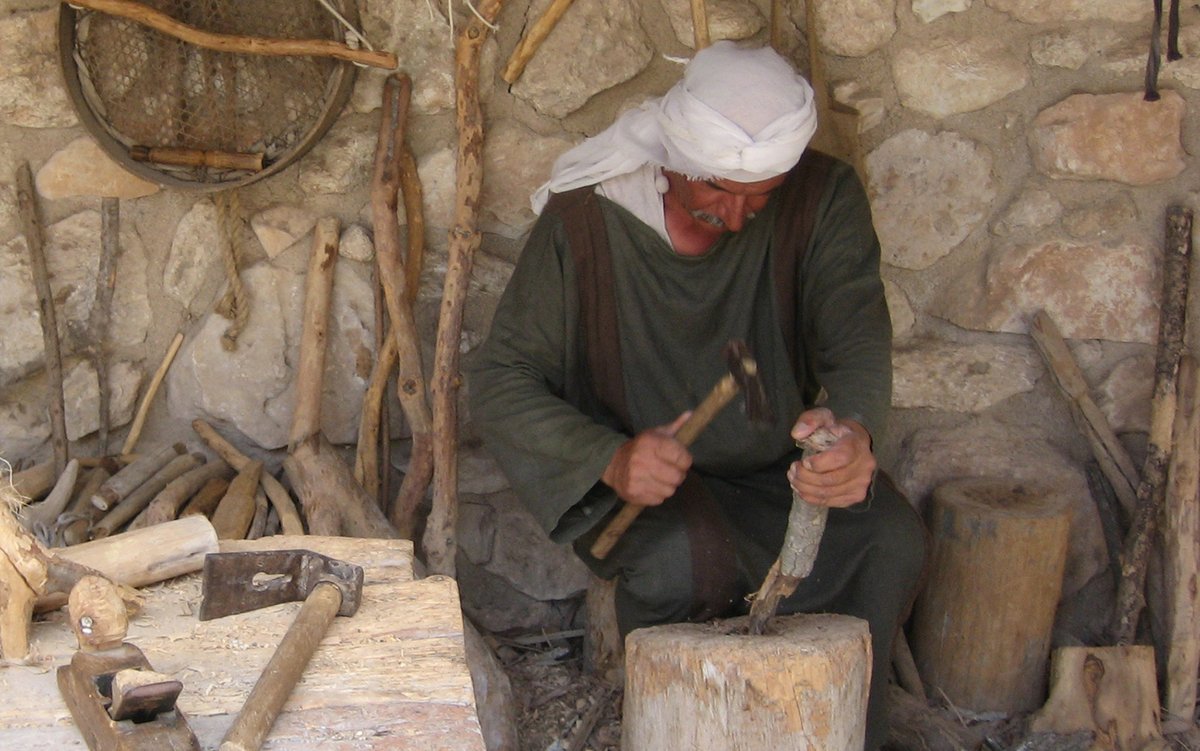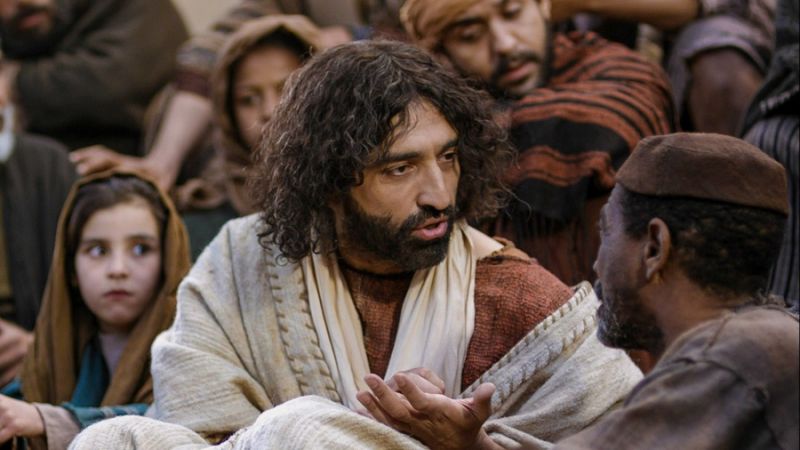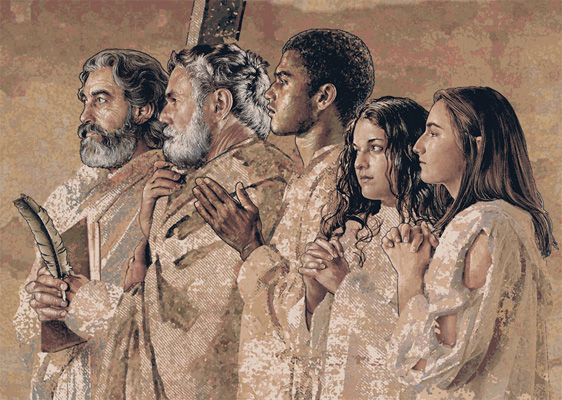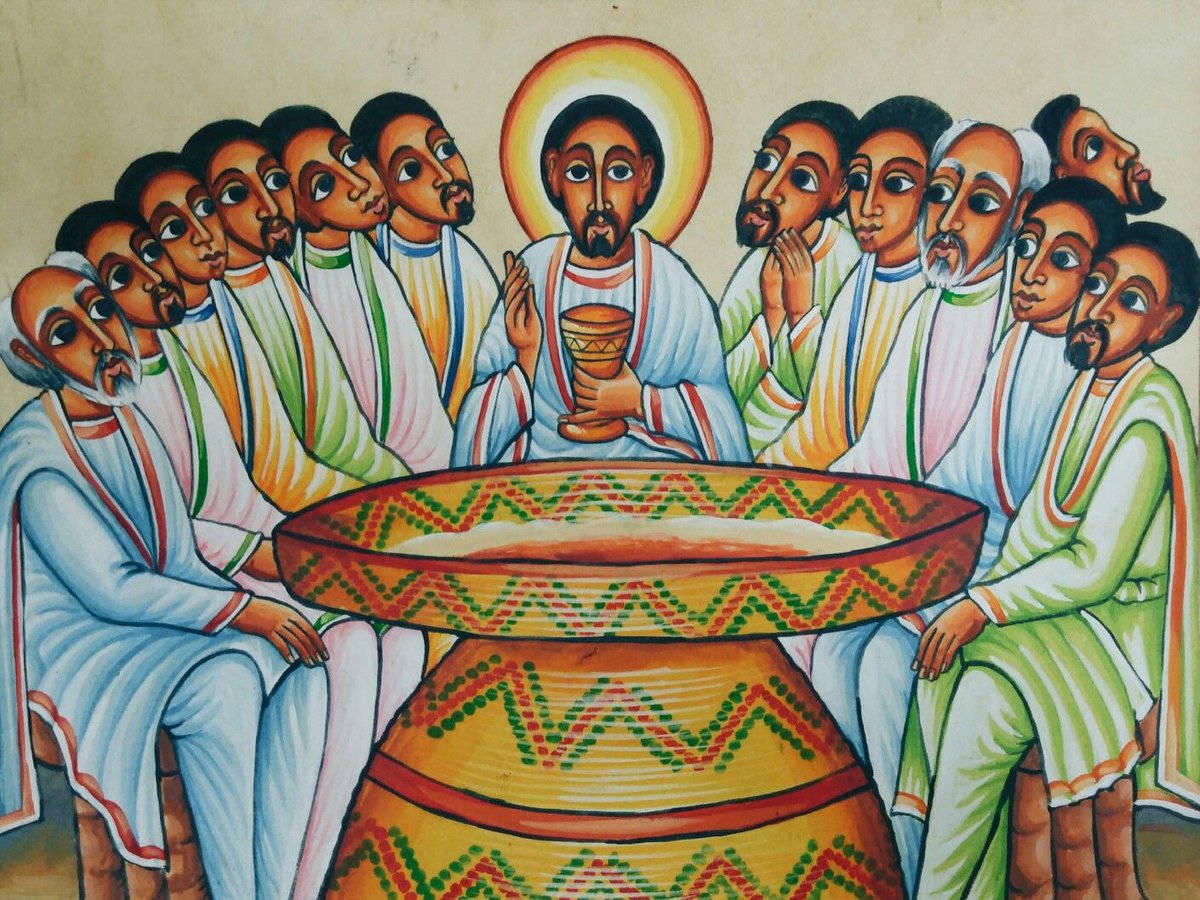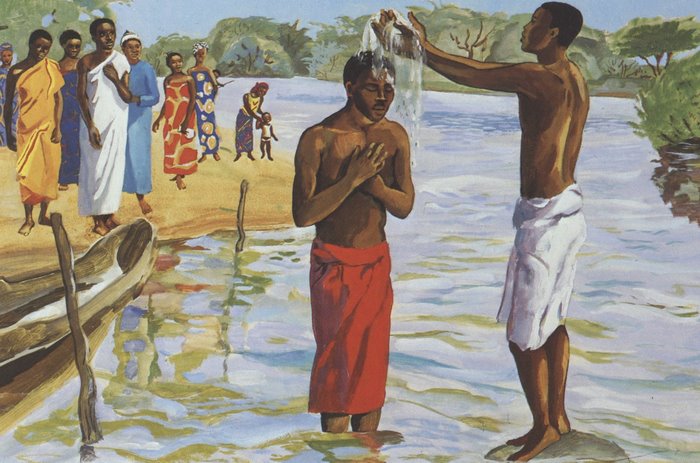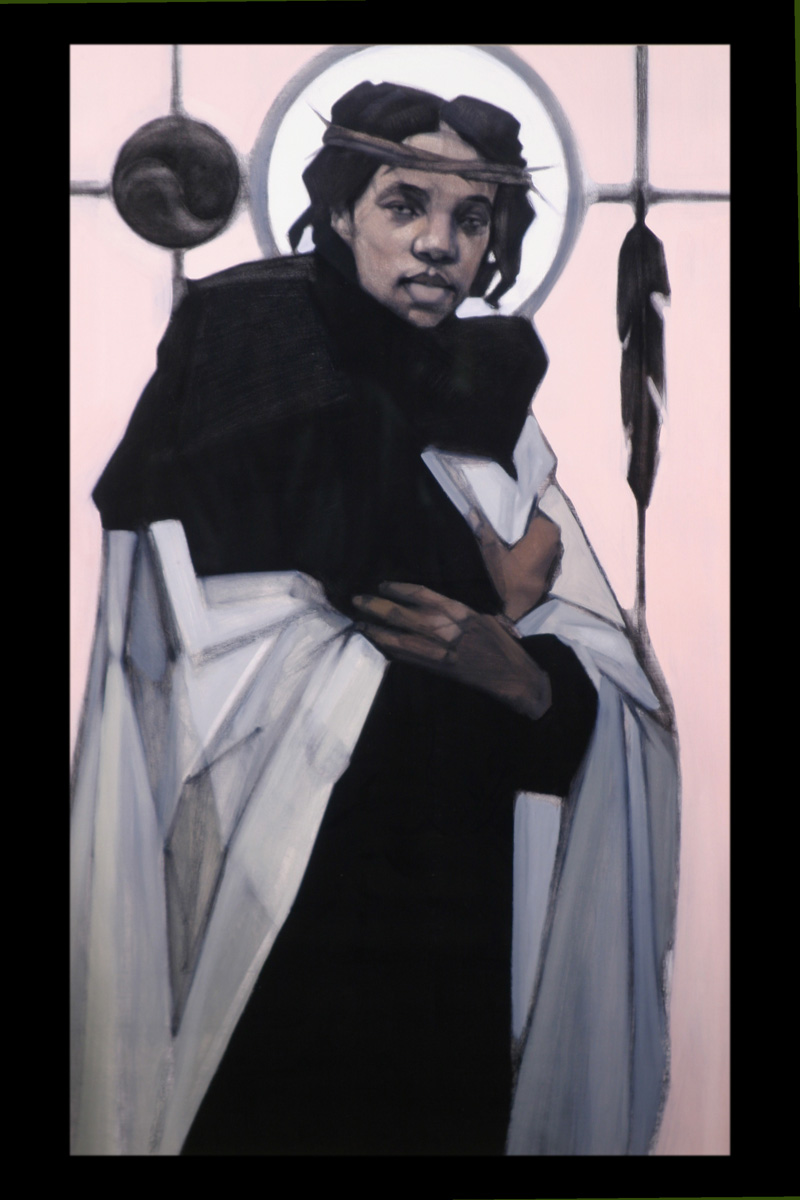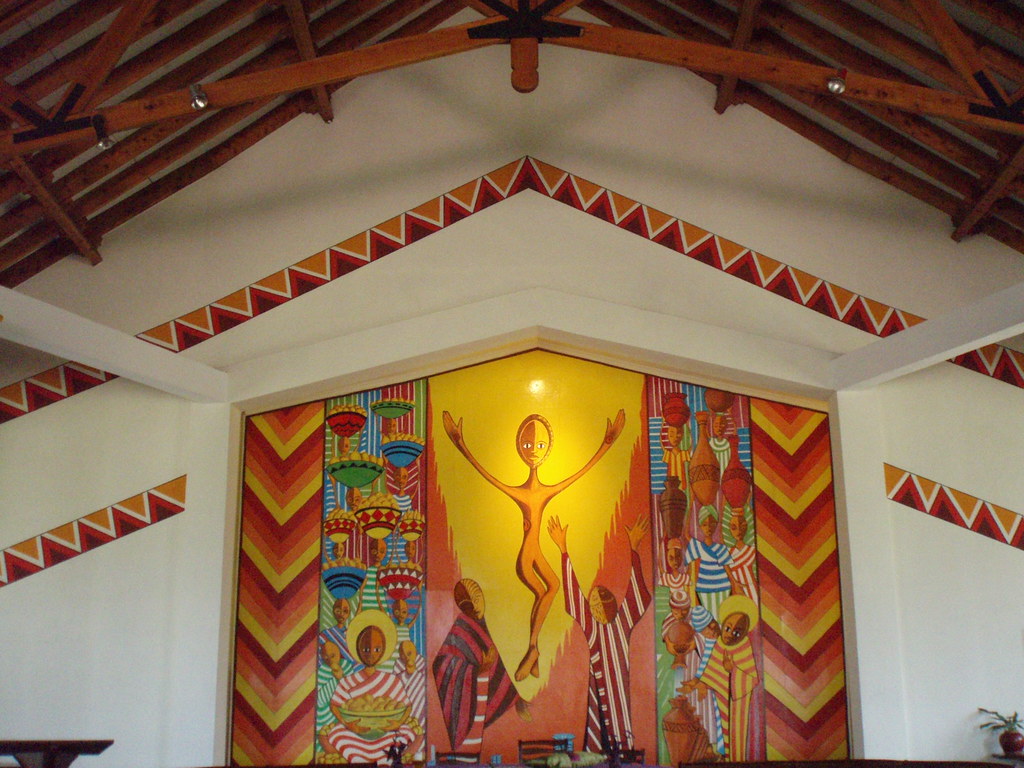White Jesus thread: Many have asked me in the last few days what I think about the (legitimate) critiques of the ubiquity of White Jesus representations, like the famous painting, "Head of Christ," by Warner Sallman....
#whitejesus
#whitejesus
The first thing to say is that Jesus did not look like that. We don& #39;t know what he looked like (the Gospels are silent about that) but we know that he wasn& #39;t white. He& #39;s known as "Jesus of Nazareth," after all, which means he came from a small (200-400 person) town in Galilee...
As the Rev. John Meier says in his magisterial book, "A Marginal Jew," about the historical Jesus, were we to see Jesus today we might be shocked, given the European images we& #39;re used to. Just look at men in Galilee today to begin to understand what he might have looked like...
That& #39;s a photo of two friends of mine from Galilee, two cousins, both named Maher. When I pray these days, I imagine Jesus looking much more like them. They& #39;re both great guys, too, which makes it easier to see them as images of Jesus...
Darker in complexion and hair of course, but there& #39;s more than that. As Fr. Meier points out, given the times, Jesus was shorter and probably had bad teeth and other physical problems related to the lack of good diet and healthcare. And, btw, he& #39;s speaking Aramaic, not English...
So I think that today Jesus should be portrayed more like he (probably) looked, which is why I use images for my Daily Gospel tweets from innovative sites like "Lumo," which depict Jesus closer to what he (again, probably) looked like...
Also, images of White Jesus have obviously been used to promote the idea that white is best. And in many representations of Jesus, especially in stained glass, he is not only white, but the purest white--whiter than anyone else. It& #39;s terrible catechesis...
And that has the most terrible effects on people who do not look like that. I& #39;m reminded of Toni Morrison& #39;s magnificent novel "The Bluest Eye," where the young girl believes that whiteness is beautiful...
If Jesus is white and you& #39;re not, what does that say about your relationship with him? What does it mean that Christ came for "all," if you feel left out? Representations of the saints are just as bad. They& #39;re almost always white--even St. Augustine, who hailed from North Africa
That& #39;s why I prefer images like those of John Nava, who completed a remarkable series of tapestries for the Cathedral of Our Lady of the Angels in Los Angeles, where the models for many of the saints were based on people in the neighborhood.
We see the same pattern recurring for Mary. So many images, even contemporary ones, make her look like a suburban American housewife. Which is, frankly, inaccurate. She was Miriam of Nazareth, after all. A poor Galilean woman. (Also, Baby Jesus did not have blond hair.)
This pattern is so strong that when I worked with refugees in East Africa, an Ethiopian refugee artist kept bringing me paintings of White Jesus and White Mary, because that& #39;s what he had been taught. When I suggested painting Jesus and Mary as black people, he initially balked..
Eventually he brought me beautiful images of Jesus and Mary as Ethiopians. This was all the more surprising since there is a long tradition of exactly those kinds of paintings in his country. But White Jesus was what he had been taught by (surprise) white priests....
In Jesus, God became human. Which means that we have to take Jesus& #39;s humanity seriously: he was a first-century Galilean carpenter. What did that look like? Not Warner Sallman& #39;s idea. (I& #39;ll leave aside what his glorified body looked like after the Resurrection, but it was *him.*)
Thus, it& #39;s essential to remember where Jesus of Nazareth came from and what people from that area look like today and also what they (probably) looked like in the first century. I.e., he wasn& #39;t white, and neither was Mary and neither were the apostles. (Also, they were Jewish.)
But I say more: images of Jesus need to be inculturated into every culture. Because God came not simply as a Galilean but as a human being. That& #39;s why I love seeing images of Jesus in every culture and in every hue. Like the beautiful "Jesus Mafa" series....
Or Janet McKenzie& #39;s well known "Jesus of the People."
Or one of my favorite images, the Crucifixion scene at Hekima College in Nairobi, Kenya, by Englebert Mveng, SJ, before which I prayed many times.
Do I think we should "cancel" White Jesus? If that means destroy images, no. I don& #39;t like the idea of destroying images of Christ. Instead we should promote images of Jesus as inculturated into the cultures in which he now lives. He is risen, after all, and is found everywhere.
That also means that we should have Black Jesus in white churches, as a reminder of who Jesus was, and is, today. Because Jesus is best found in people that are outside your comfort zone. Remember: in Jesus& #39;s Parable of the Good Samaritan, it& #39;s the "other guy" that helps out.
But even more important than the pictorial images of Jesus we use (which are important to be sure) is seeing Christ alive in every person. Especially in those who are on the margins, those who are persecuted or those who are victimized in any way. Christ lives in them.
So in short, I would argue for more accurate images of Jesus as he probably appeared and more images of Jesus in every culture. But, more importantly, more efforts to find Christ in every person. Because each of us is an image of him...

 Read on Twitter
Read on Twitter